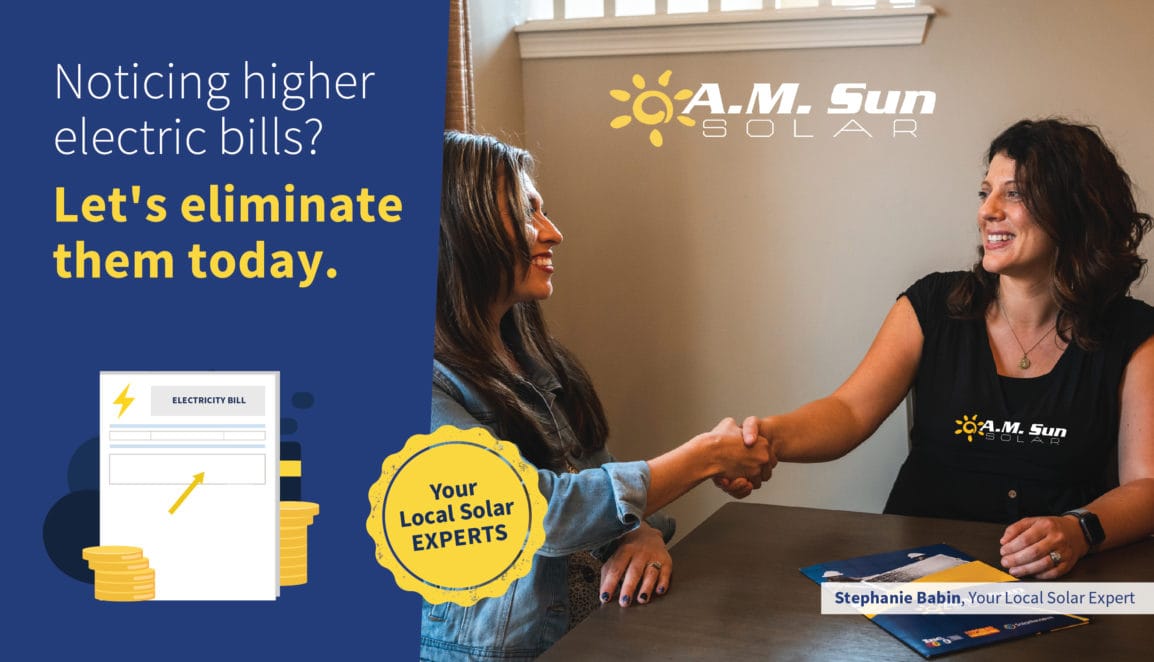The new age of the “working-from-home-economy” has drastically shifted our everyday lifestyles and has posed many challenges when it comes to paying for additional expenses. Although many are saving money and time from commuting to-and-from work, expenses such as electric bills have increased.
According to Stanford University, 42 percent of American workers are working from home. This new age has resulted in higher electric bills, especially with a vast percentage of Americans having to adjust to schooling from home as well. With computers, laptops, TVs and appliances plugged in and turned on more often than not, you’re bound to see a drastic increase in your monthly utility bills.
Some key steps to take to decrease your monthly electric bill includes:
- Unplugging any unused appliances and being conservative with the times you turn on lights and Heater/AC units.
- Use a programmable thermostat
- Maintain the air filters in your Heater/AC Units to maximize efficiency
- Get solar!
How much will I be saving on my monthly electricity bill by switching to solar?
With a 10 minute phone call, our solar consultants can tell you if your home and our solutions can bring you savings with solar. We’ll start with some questions and even offer you a free energy rate analysis. We’ll also take a look at your home layout with satellite imagery and discuss your individual needs. Fill out this form or call us at 1-877-AM-SUN to get started today.
How much would solar increase my home value?
While home value varies on a number of factors, one thing remains clear: a solar energy system can increase your home’s total value, especially in California, where solar panels are required on all new home builds starting in 2020.
The exact number varies from property to property, but recent research indicates that each additional $1 in bill savings (from your solar energy system) adds $20 to your home’s total value. For example, a small 3.1 (kW) system can add an average of $18,324 to the total value of a medium-sized home.
On top of added value, there are federal and state incentives for homeowners to get solar.
How do I know if I’m eligible for the solar tax credit?
- You’ll need to own your solar energy system, rather than leasing it. Leasing a solar energy system means that the third-party owner gets the solar tax credit.
- You may still be eligible even if the solar energy system is not your primary residence, just as long as you own the property and live in it for a part of the year.
- If your federal tax liability is lower than your ITC savings, you can still carry over the remaining credits to the following year!
Can I still get a solar tax credit in 2021?
Please contact us today to determine if you’re eligible for the 2021 tax credit!

